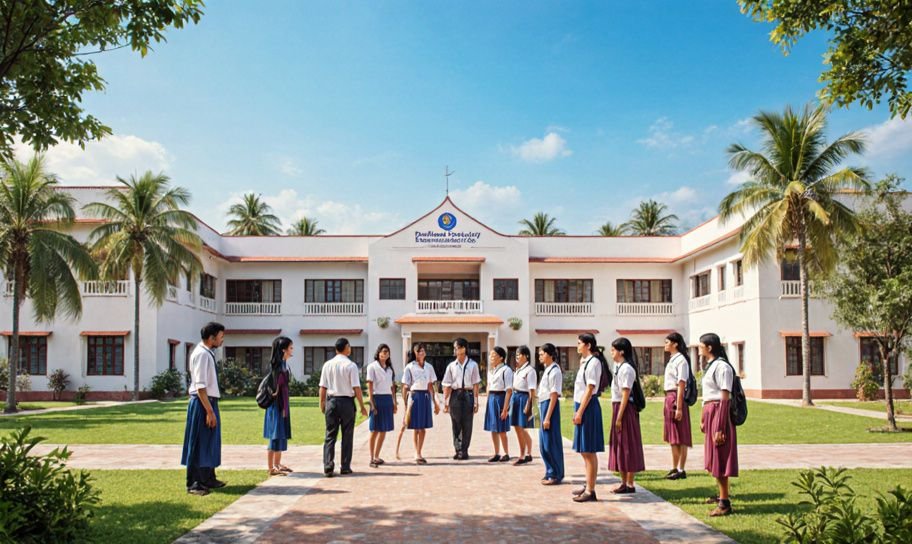
Summary: The Bombay High Court at Goa decided in favor of the Diocesan Society of Education, allowing them to run their schools without the state stepping in when it comes to hiring staff and handling discipline.
The Diocesan Society of Education, led by Fr. Jesus N. Rodrigues, filed a complaint against the State of Goa. They said that the Goa School Education Rules, 1986, were getting in the way of their rights as a minority group. The society runs 138 schools and argued that the rules limited their ability to hire staff and manage discipline.
Judges Bharati Dangre and Nivedita P. Mehta decided in favor of the Diocesan Society. They said that the society, as a minority group, has the right to run its schools without the state getting involved, as long as they keep up educational standards.
"The Petitioner-Society, being a linguistic Minority, is not bound to follow the procedure prescribed therein."
Minority Rights: The society argued that as a minority group, they should have the freedom under Article 30 of the Constitution. This means they can hire teachers and run schools without needing approval from the state.
State's Position: The State of Goa argued that the rules were needed to keep up educational standards and that the society's freedom wasn't being limited.
The court stressed that while rules are important, they shouldn't limit the rights of minority groups. The judges pointed out that the society could handle hiring and discipline as long as they kept educational quality high.
"The right to administer does not include the right to maladministration."
The court canceled some state orders that required school management committees to handle hiring. Instead, it recognized the society's governing council as the proper authority. This decision is important for minority educational groups, reinforcing their right to manage themselves while keeping up educational standards.